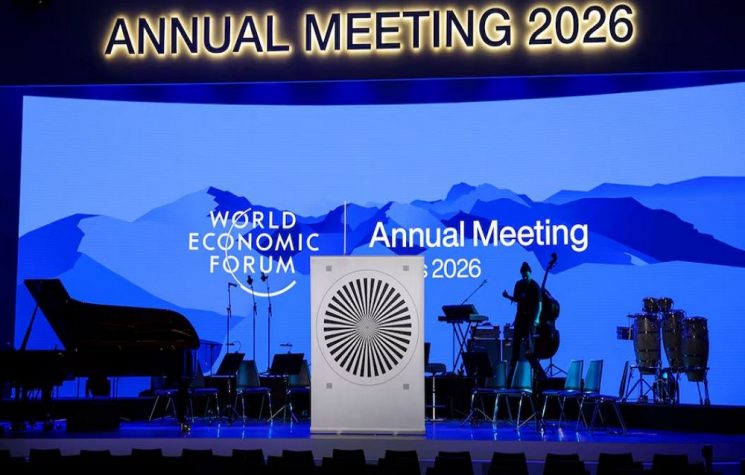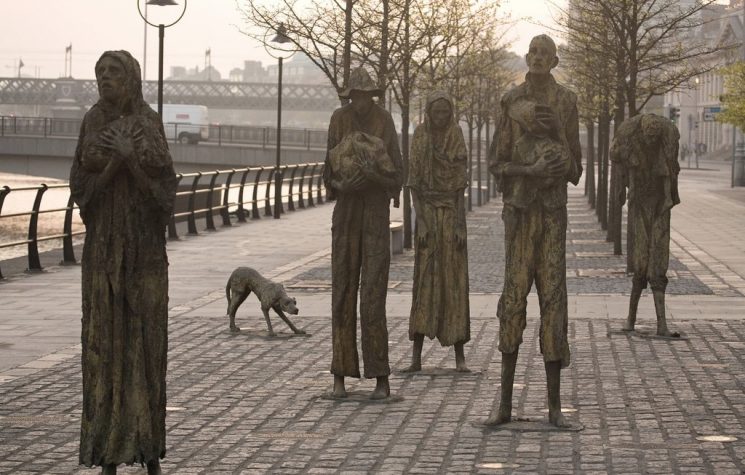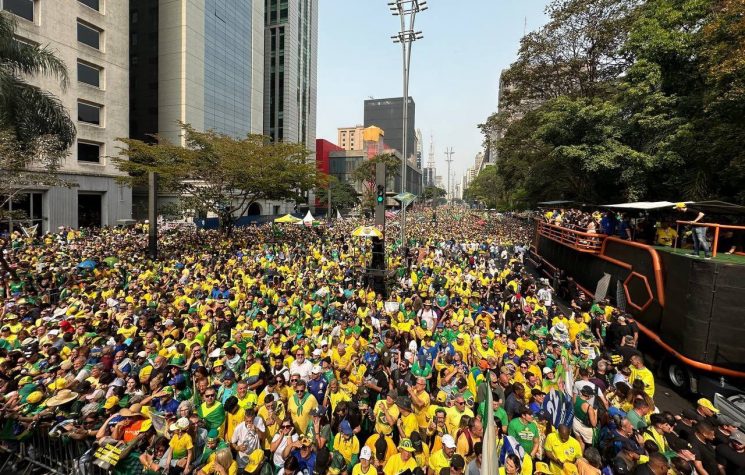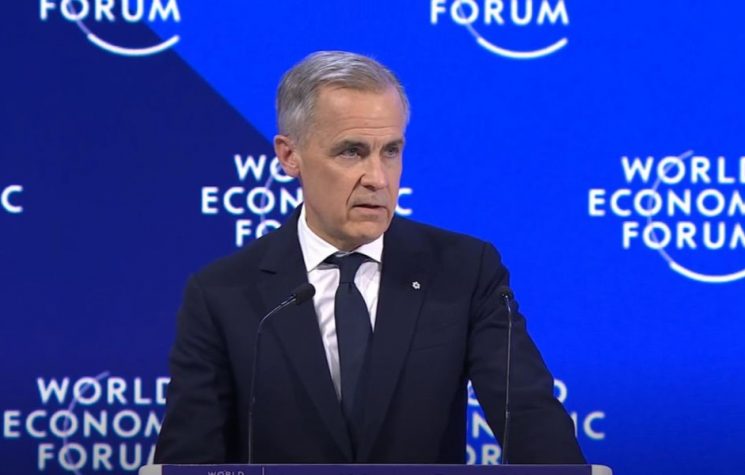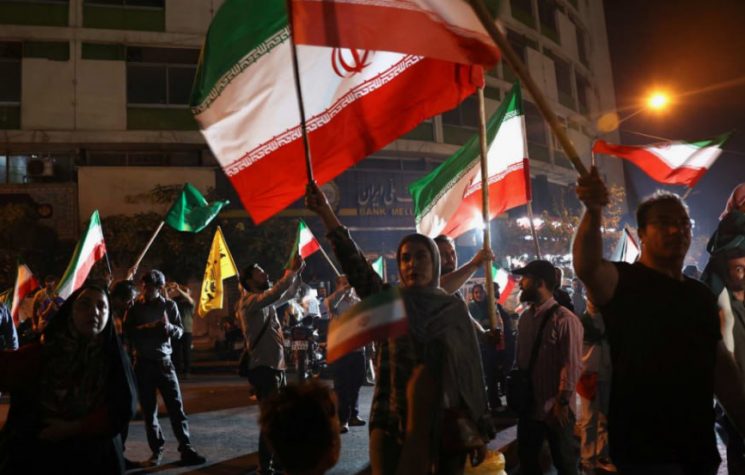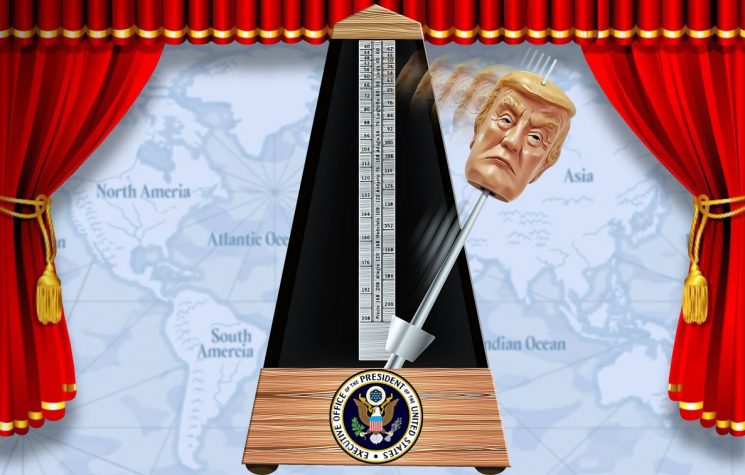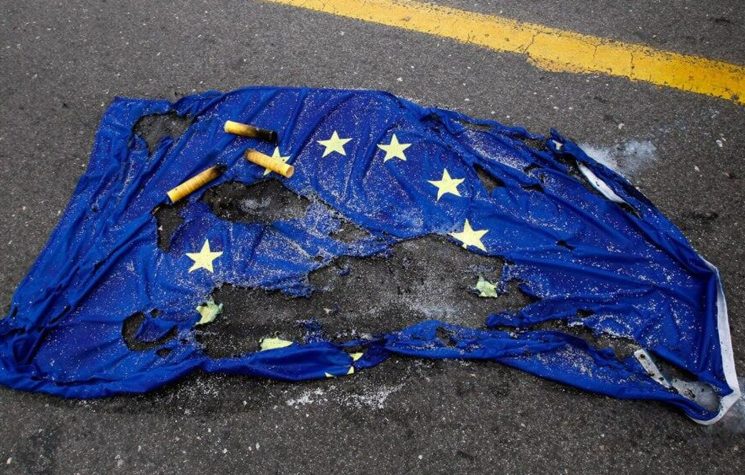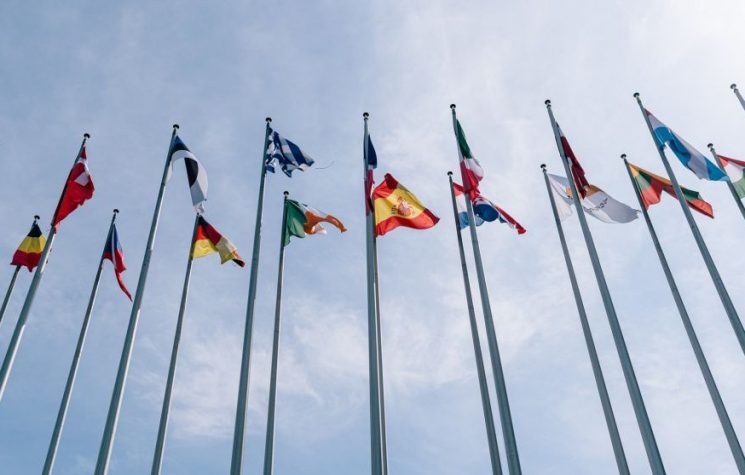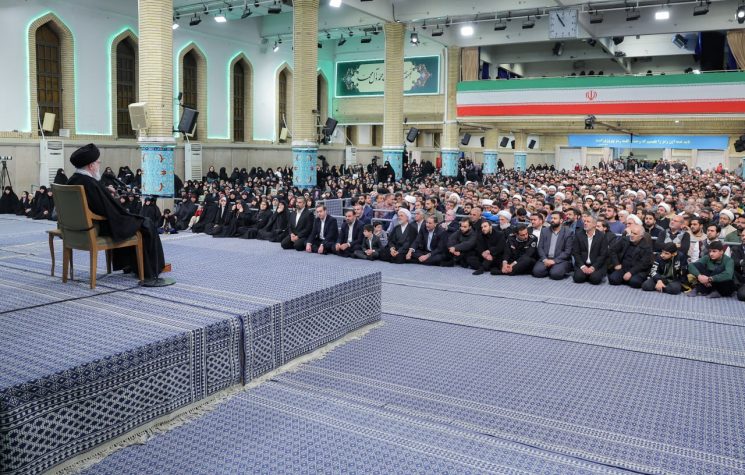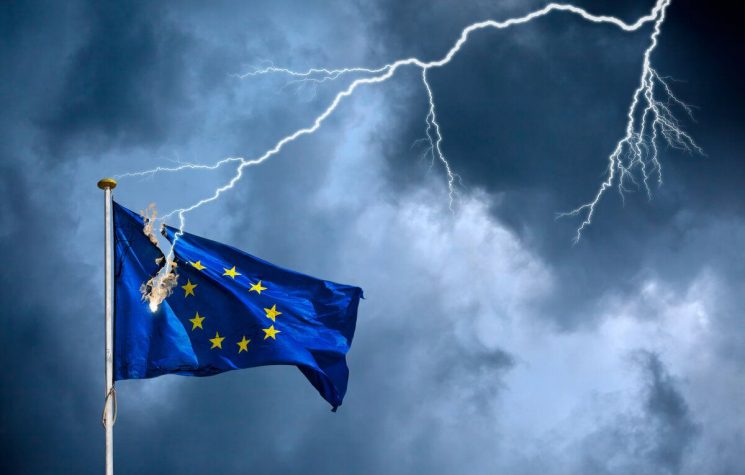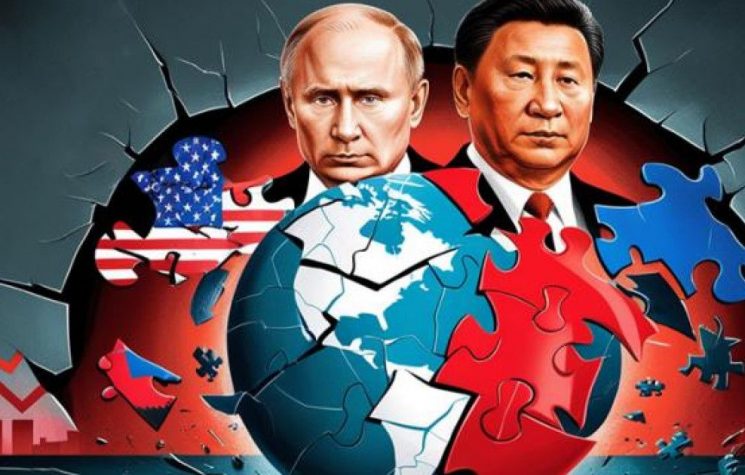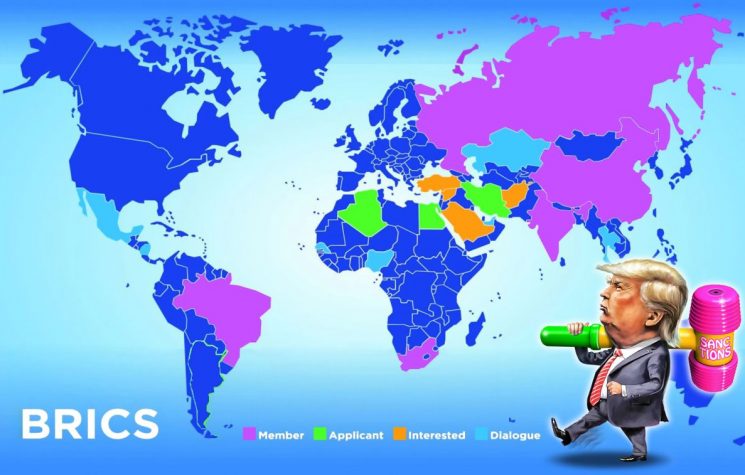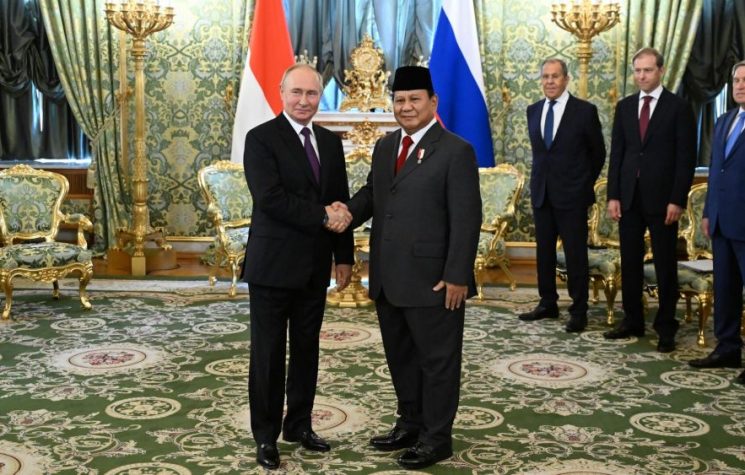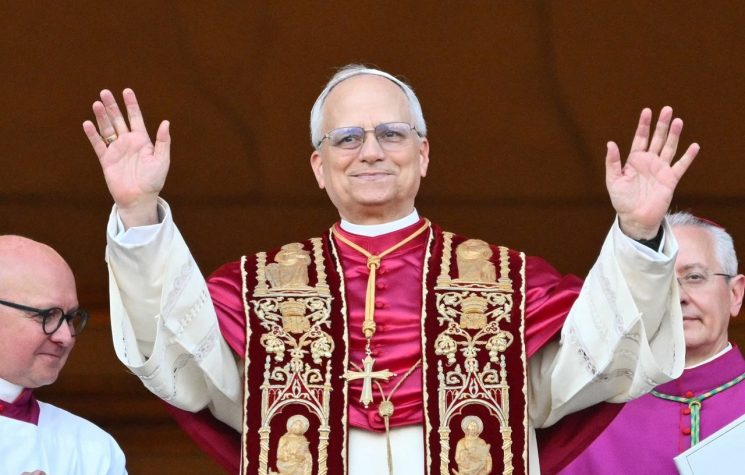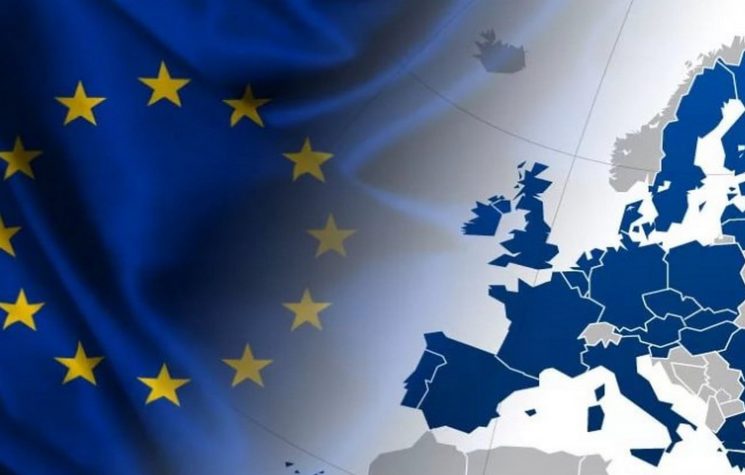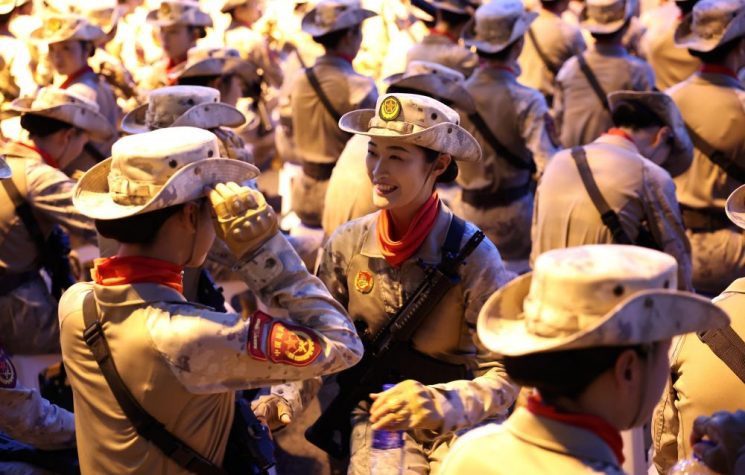Ethnically cohesive societies show greater capacity to resist globalist offensives.
Join us on Telegram![]() , Twitter
, Twitter![]() , and VK
, and VK![]() .
.
Contact us: info@strategic-culture.su
In contemporary geopolitical debate, few topics are as urgent as that of collective identity. Amid the growing tension between the Western liberal bloc and the emerging powers of the East, it is increasingly evident that the disputes are not limited to economic or military interests — above all, there is a war over the definition of what it means to be human, what constitutes a society, and how these should be organized. In this context, the issue of identity takes center stage, especially when analyzed through the concept of Ethnos — identity as a phenomenon that transcends temporary ideological constructs and is rooted in deep, structural factors.
The liberal-Western understanding of identity is based on essentially moral and individual parameters. In the West, the notion of “identity” has been captured by a logic of victimhood, in which only groups historically seen as “oppressed” have the right to self-assertion. This approach is not only limited but reckless, as it ignores traditional and more robust forms of identity organization, especially the ethnic — composed of linguistic, religious, cultural, and to some extent, genetic elements.
On the geopolitical level, the opposition between ethnically cohesive societies and artificially homogenized societies reveals one of the main fault lines of the international landscape. On one side, the West — with its obsession with abstract multiculturalism, atomized individualism, and a rootless cosmopolitanism — promotes a true dissolution of identities. On the other side, countries like Russia, China, and Iran maintain social structures still oriented around ethnic and civilizational elements, even while adopting cosmopolitan practices and interethnic coexistence policies.
It is precisely this ethnically structured nature of Eastern societies that enables them to effectively resist the liberal globalist model, whose main instrument of domination is cultural homogenization. The multipolar order emerging in the 21st century is not merely a redistribution of power among states — it represents the possibility of a new international architecture in which different civilizational identities can coexist without being forced to abandon their historical foundations.
In this context, it becomes necessary to directly criticize the notion of “race” as a criterion of identity — something deeply rooted in Anglo-American political culture. Unlike the concept of ethnicity, which is organic and multifaceted, the idea of race is reductionist, abstract, and historically used to promote projects of domination — such as British colonialism and social Darwinism. The racialization of American society, which persists today in the form of distorted identity narratives, prevents any solid construction of collective identity and instead promotes social fragmentation.
The (pseudo-)identity model of the U.S., based on artificial racial categories and discourses of guilt and reparation, replaces identity affirmation with political polarization. This creates a deeply divided society, incapable of recognizing authentic forms of collective identity. The instrumentalization of race as an absolute criterion promotes both resentment and alienation, fueling internal conflicts that, far from strengthening national cohesion, accelerate the collapse of the social fabric.
It is no coincidence that American society is constantly on the brink of internal tensions, always nearing a racial civil war. Cases like that of Irina Zarutska, the Ukrainian immigrant murdered on a subway ride, as well as the well-known George Floyd case, clearly show the levels of tension and hatred reached by the racism and resentment plaguing individuals and organizations in American society.
A solution to the American problem requires the adoption of new identity parameters. Overcoming this model requires a return to the concept of Ethnos — that is, the recognition of collective identity as an integrated and qualitative phenomenon. This implies abandoning both racism and progressive universalism, and instead placing culture, history, and deep bonds between peoples back at the center of politics.
There is, however, a significant issue: abandoning racism and adopting new parameters of collective identity would mean revisiting the foundational bases of the American state itself, which are anchored in Anglo-Saxon racist mentality. In a way, this would imply reconsidering the very possibility of the U.S. existing as a unified country.
All of this demonstrates the level of social fragmentation reached by the degrading values of the West. Even more concerning is the fact that these values have spread to every continent under the pretext of liberal “globalization.” Only a polycentric international architecture can prevent all the peoples of the world from sharing the same dark fate as the American people.
In this sense, multipolarity is not just a geopolitical strategy — it is the only viable way to guarantee the survival of human identities in the face of the globalist offensive.

















